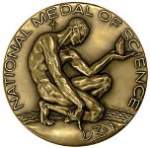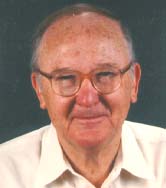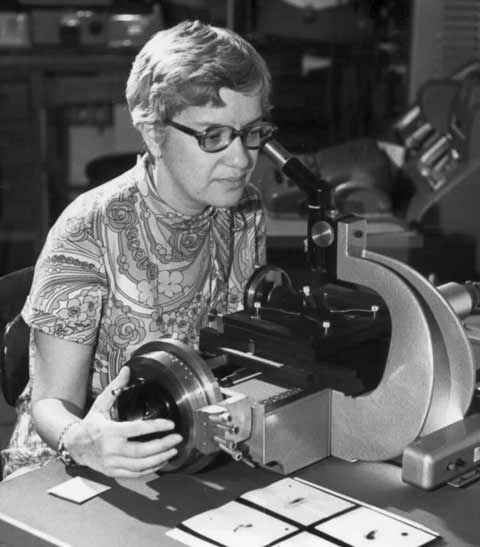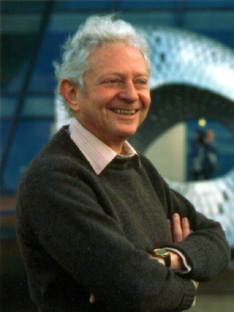Herbert Friedman National Medal of Science Awarded In 1968
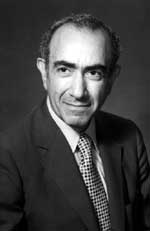
Herbert Friedman
Award Name : National Medal of Science
Year of Award : 1968
Award for : Physics
Location : Brooklyn, New York, United States
Herbert Friedman was an American pioneer in the application of sounding rockets to solar physics, aeronomy, and astronomy. He was also a statesman and public advocate for science. He was born in Brooklyn, New York on 21 June 1916. He arrived at the Naval Research Laboratory (NRL) in 1940 after completing his PhD at John Hopkins University. Until around 1950 Friedman's research activities were dedicated to laboratory X-ray analysis, an area in which he published 25 papers and was granted 50 patents. In 1945, Dr. Friedman received the first of a long line of awards, the Navy's Distinguished Civilian Service Award, for the wartime development of a technique for cutting and tuning radio frequency crystals by using their Bragg reflection characteristics. He was awarded the Eddington Medal of the Royal Astronomical Society, the National Medal of Science, the Henry Norris Russell Lectureship of the American Astronomical Society, the William Bowie Medal of the American Geophysical Union, the Wolf Foundation Prize in Physics, and the Albert A. Michelson Medal of the Franklin Institute (1972), among others. He was elected a member of the National Academy of Sciences in 1960 and of the American Philosophical Society in 1964.
